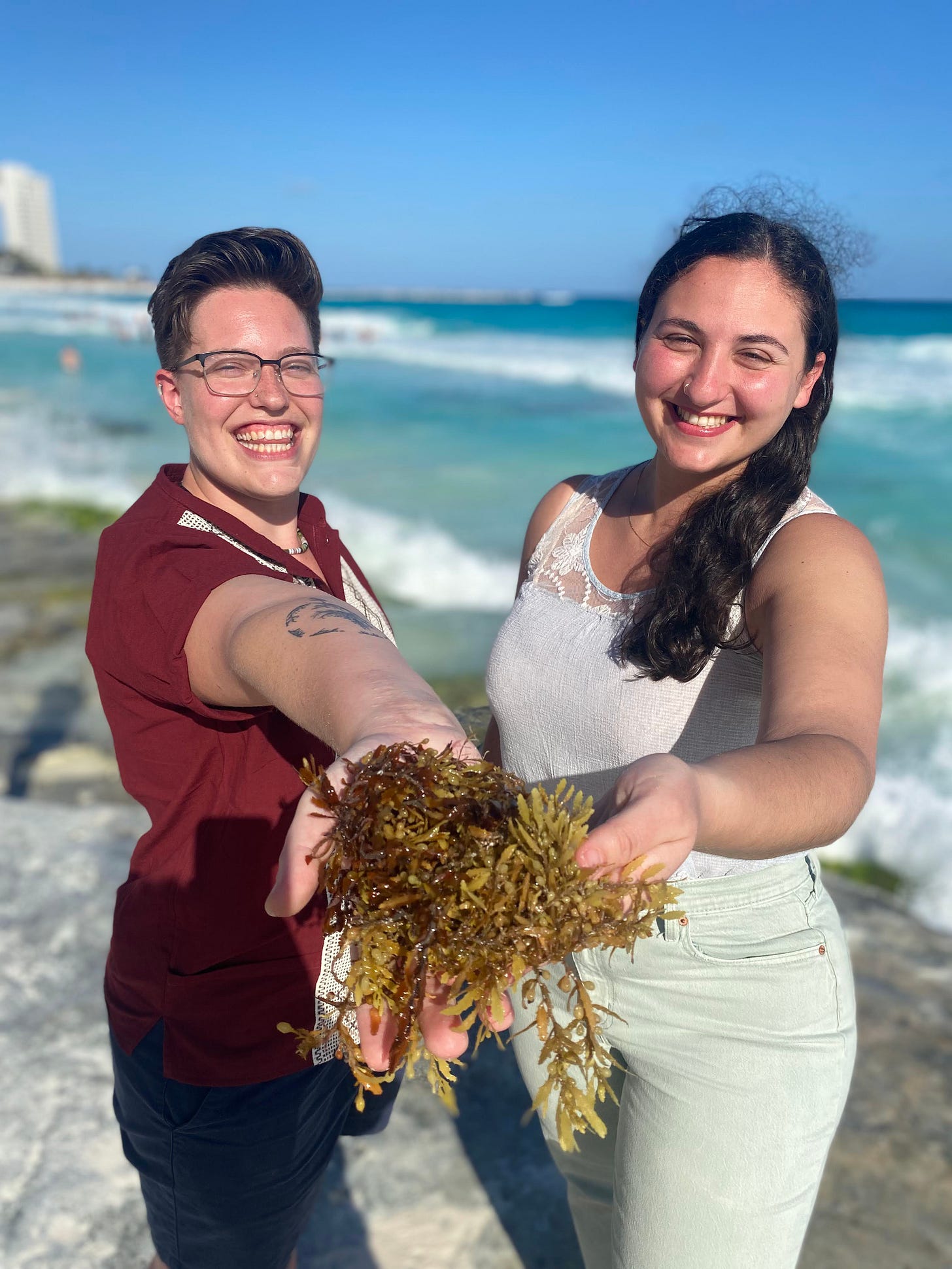
Wow, the leaves are already turning here in New England! When the seasons change and I reflect on the passage of time, I get antsy about the progress — or lack thereof — I’ve been making on my seaweed startup. Eager as I am to see tangible results from my efforts, I have to keep reminding myself that what I discover along the way is infinitely more valuable than my imagined destination filled with buried treasure.
As the saying goes, entrepreneurship is a marathon, not a sprint. Or better yet, it’s a long-haul voyage, not a skiff race — keeping it on brand with some ocean puns!
Setting Sail: Learning to Navigate the Unknown
My journey into sustainable entrepreneurship began when I joined the Peace Corps as an environmental education volunteer. Living and working in rural Nicaragua for two years taught me the definition of words like innovation and resilience. In small communities with limited infrastructure, entrepreneurship isn’t just encouraged— it’s essential. With fewer tools at your disposal, one needs to find novel ways to address everyday challenges with creativity and grit. In efforts to improve community livelihoods, I worked with local leaders to identify problems and, together, we engineered solutions.
One project I’m particularly proud of involved building healthier ovens and stoves. In Nicaragua, most cooking was done over open fires, which led to serious health issues for the women tending to the meals. We partnered with families, Peace Corps volunteers, and local municipalities to construct stoves and ovens from environmentally friendly materials, like cement made from cow manure. We even helped one family build a bread oven so they could start a bakery business in their village.
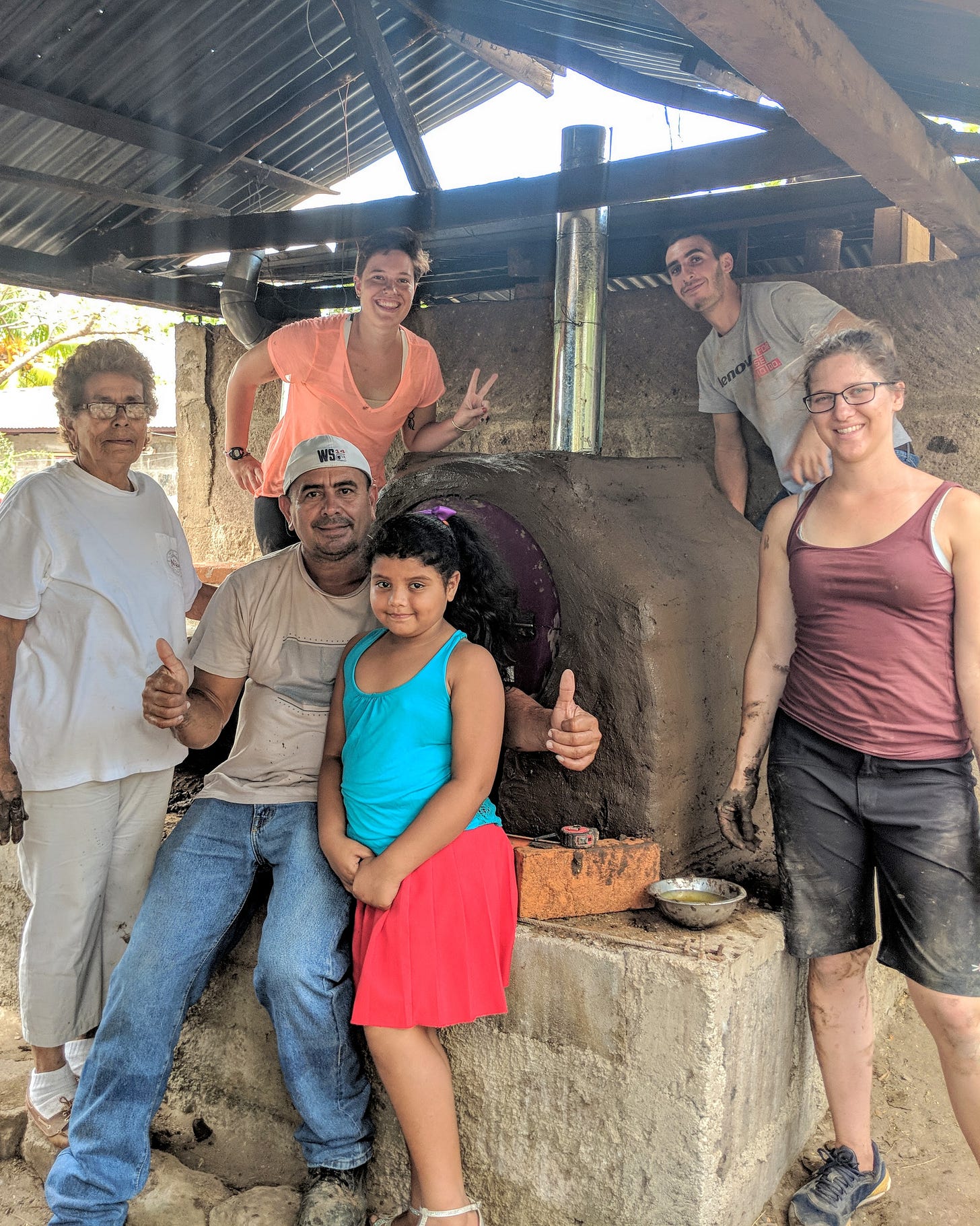
Charting a Course: A Passion for Seaweed
My love for seaweed blossomed in 2019, during The Heller Social Impact Startup Challenge at Brandeis University where I was studying sustainable international development. Post-Peace Corps, I thought my career trajectory would include working at an embassy for the US government or joining a large international nonprofit.
All that changed with a spontaneous gust of wind one weekend when I decided to get to know my classmates at some random University-sponsored event that one of my professors wouldn’t stop talking about.
The Heller Challenge consisted of a 48-hour sprint to prepare a startup pitch for a panel of judges acting like potential investors. What was special about this competition was that the business idea not only had to be profitable but also had to be driven by a social mission for good.
Our team came up with a concept to cultivate red seaweed, Asparagopsis taxiformis, in Central America. The goal was to offer coastal communities supplemental livelihoods while addressing the overfishing crisis. We planned to sell the seaweed to U.S. farmers as cattle feed, which would significantly reduce methane emissions from livestock — a huge contributor to greenhouse gases.
As crazy as this may sound, a single cow produces around 220 pounds of methane gas per year simply from the natural act of farting. That’s right. Nearly 15% of all global greenhouse emissions come from livestock flatulence, fueled by our meat-heavy diets.
Seaweed, on the other hand, does the opposite. It captures carbon at a rate 50 times faster than trees, and when added to cattle feed, it can reduce flatulence and cut methane emissions by up to 80%. Our social impact business idea involved supporting fishers-turned-farmers in Central America by guaranteeing purchase of their seaweed to turn into a feed additive for cows. The judges loved our idea, and we won first place!
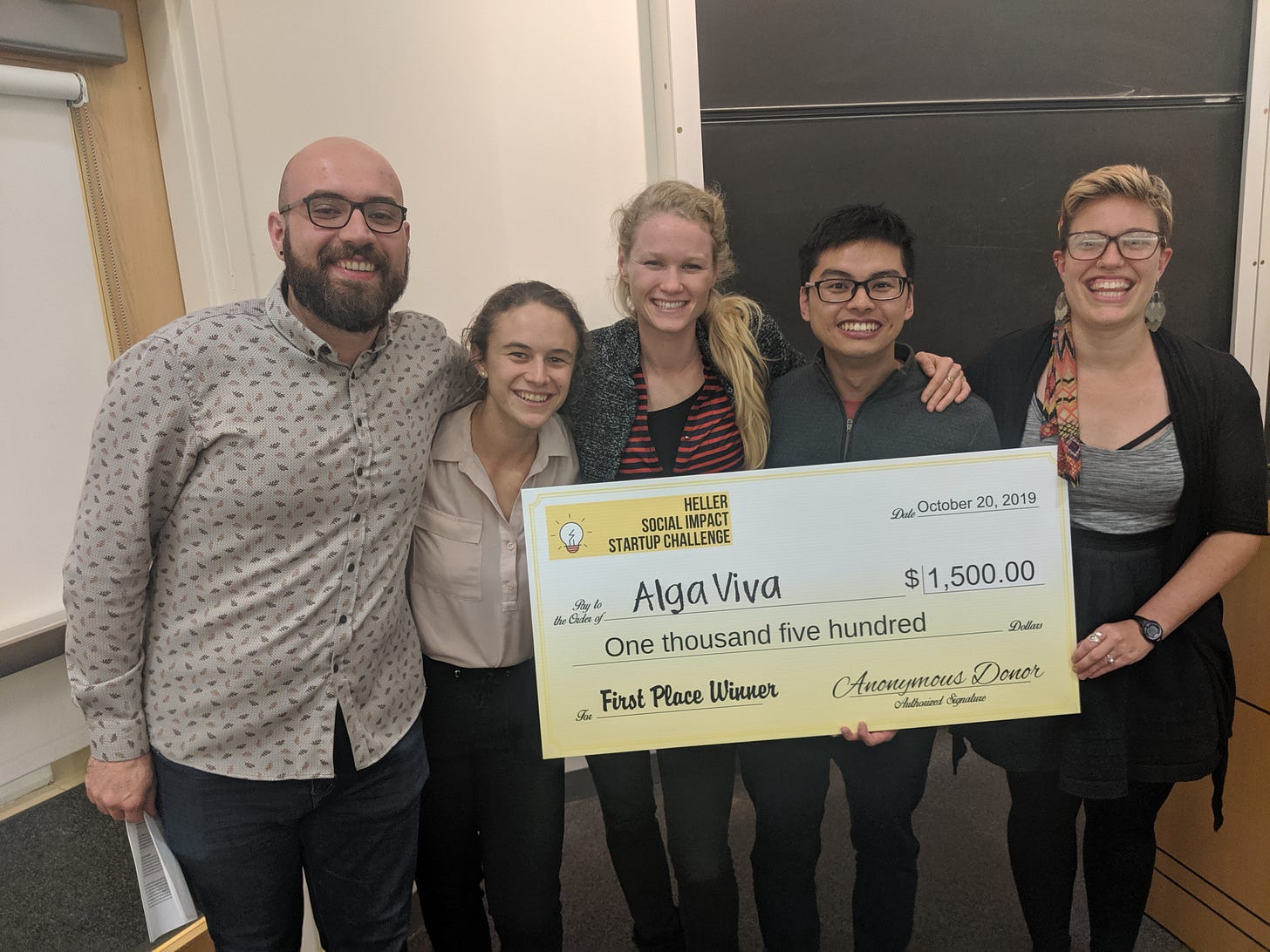
While I wish I could say our team grew into a successful, VC-funded startup, life is almost never a straight and short path. In 2020, the global pandemic separated our team across the country and left us as frustrated and confused as the rest of the world.
Now, in 2024, several startups are exploring feeding cows seaweed, including a company called Symbrosia. Founded by a fantastic female team from Yale, Symbrosia’s SeaGraze feed additive is currently being used on farms in Hawai‘i, Minnesota, Colorado, Oregon, and California.
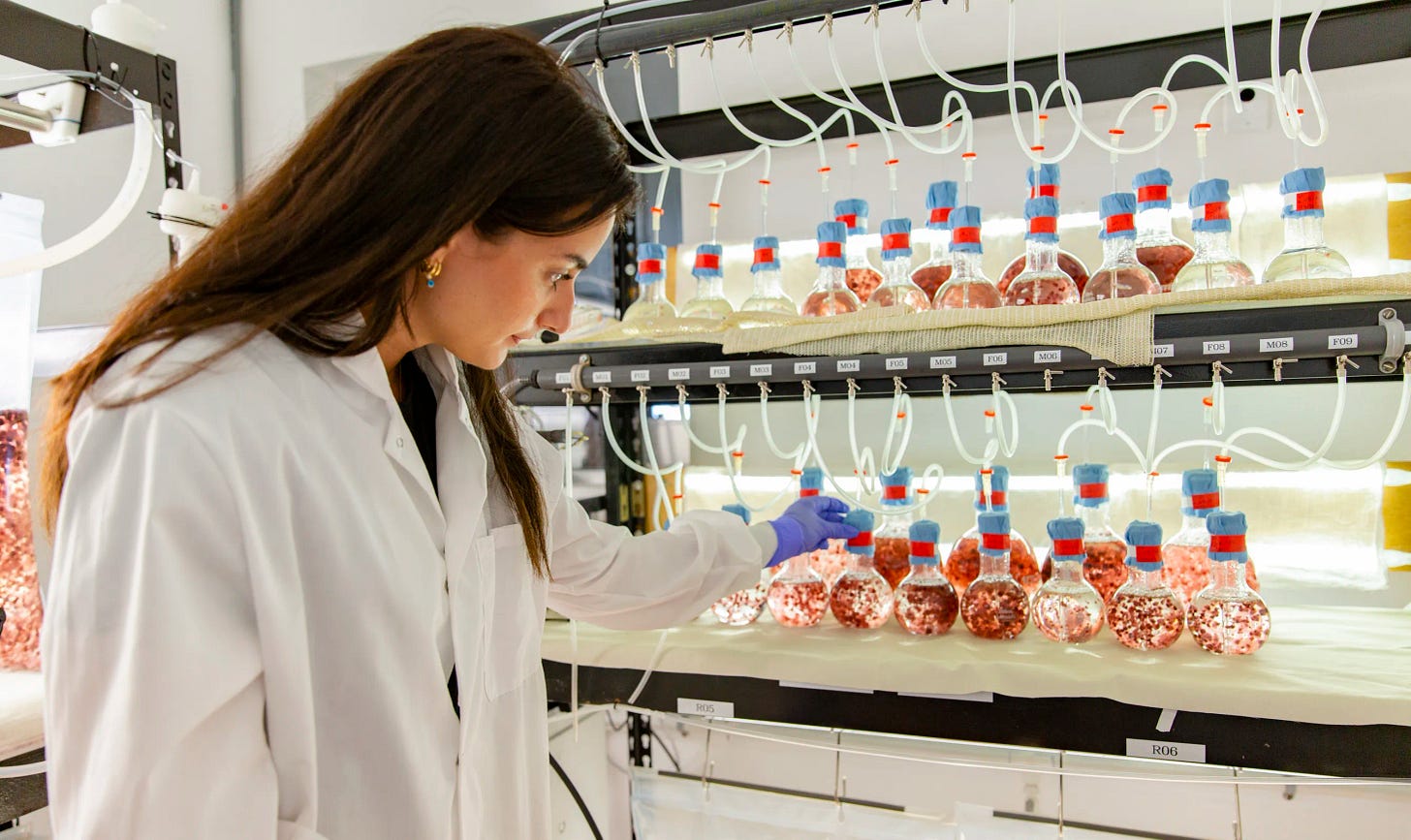
Although I didn’t continue with this particular seaweed project, I fell in love with the concept of the triple bottom line: growing profitable businesses that benefit people and the planet too. I decided to go back to school for social impact business administration to learn how I could lead a Triple Bottom Line business championing People, Planet, and Profit.
Staying the Course: Lessons from Belize
In 2022, I gathered an incredible team of some of the brightest MBA students in my program to consult for The Nature Conservancy Belize to support the Belize Women’s Seaweed Farmers Association (BWSFA). Even though these women are making big waves (pun intended) in their coastal community, they face a number of organizational challenges.
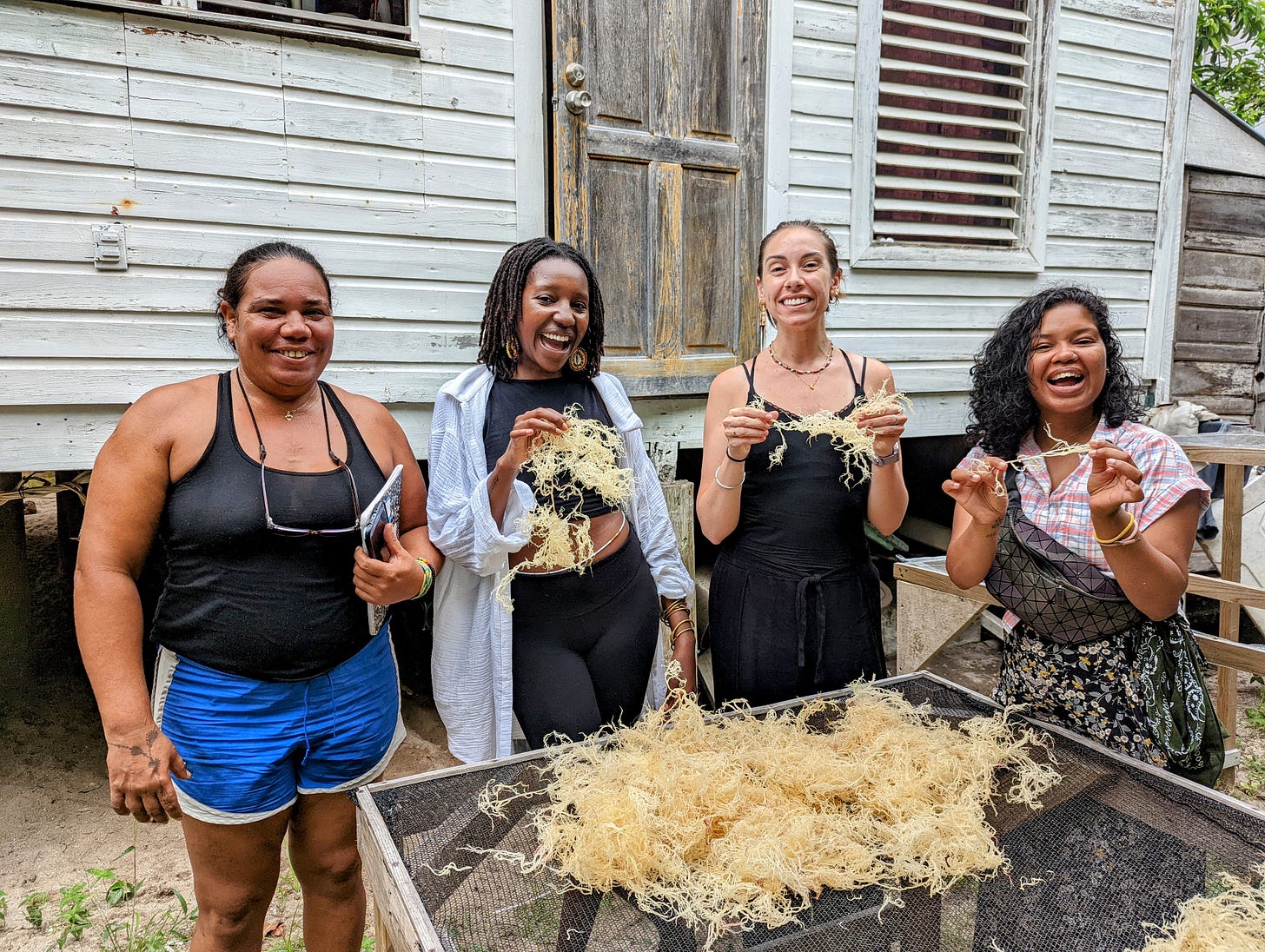
Our team held virtual workshops to help with everything from relational coordination to implementing tech tools. We even got to travel to Belize, where I had the pleasure of cleaning some seaweed lines myself!
Battling High Winds: Overcoming Fear & Doubt
Now, you’d think this is where I tell you about my skyrocketing startup, right? Well, this voyage is far from over. After graduating from my dual-degree program and leaving behind my valuable university resources, Imposter Syndrome hit hard. Who was I to think I could start and lead a company with zero experience? Fearfully watching my friends and classmates secure jobs, I paused my projects and reluctantly entered the workforce. I spent over a year in a high-stress, fast-paced environment, constantly doubting myself and my abilities, before finally finding the support I needed to address my mental health.
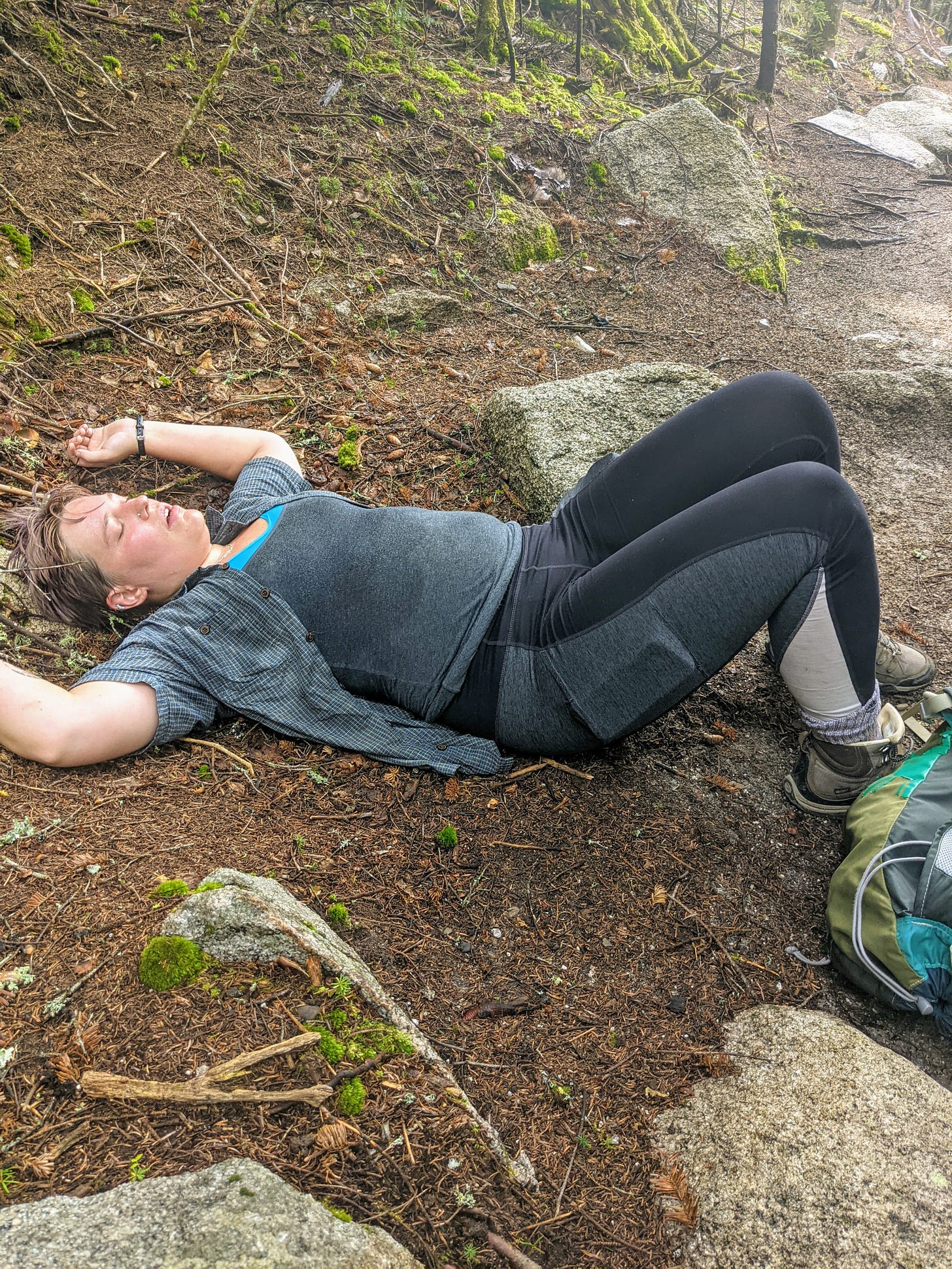
A heartfelt thanks to my incredible therapist, Julie, who is guiding me on my inner journey through teachings and practices around mindfulness, emotional regulation, interpersonal effectiveness, and distress tolerance. Although I am on a path of healing both physically and mentally, it wasn’t until a few months ago — when I joined a community for entrepreneurial women in climate ventures — that I began to see my true potential.
Finding my Crew: Community & Confidence
Called The Greenhouse, this female-founder community has been a lifeline, showing me that I’m not alone in the struggles of solo entrepreneurship. For ten weeks, I learned from — and grew with — accomplished women passionate about building a regenerative, circular economy that serves people and planet — just like me. What were a few of my biggest takeaways? Garner strength from community, experiment daily, and celebrate every win, no matter how small. Through The Greenhouse, cofounders Anu Sanghvi and Anya Lamb have cultivated a community that truly builds confidence, clarity, and connection.
This fall, I’m excited to continue my entrepreneurial journey with Climatebase, a 12-week fellowship where I’ll meet more like-minded people in the sustainability world. I’m eager to continue iterating on my seaweed venture (Profit) ever grounded in my mission to support coastal community livelihoods (People) by cultivating carbon-negative, sustainable seaweeds for everything from healthy food to bioplastics (Planet).
If you or someone you know is involved in the Blue Economy or She-weed Revolution I’d love to connect! Let’s chat, share ideas, and keep this movement growing.
I hope my story today inspires you too to keep moving forward with your dreams and projects. In this age of social media, it’s so easy to compare ourselves to others and feel rushed to get to the finish line. Anchored in resilience, you will navigate through rough waters, discover new treasures, and change course as often as the wind. I can’t wait to see what you uncover along the way!
Wishing you smooth sailing,
That Seaweed Girl
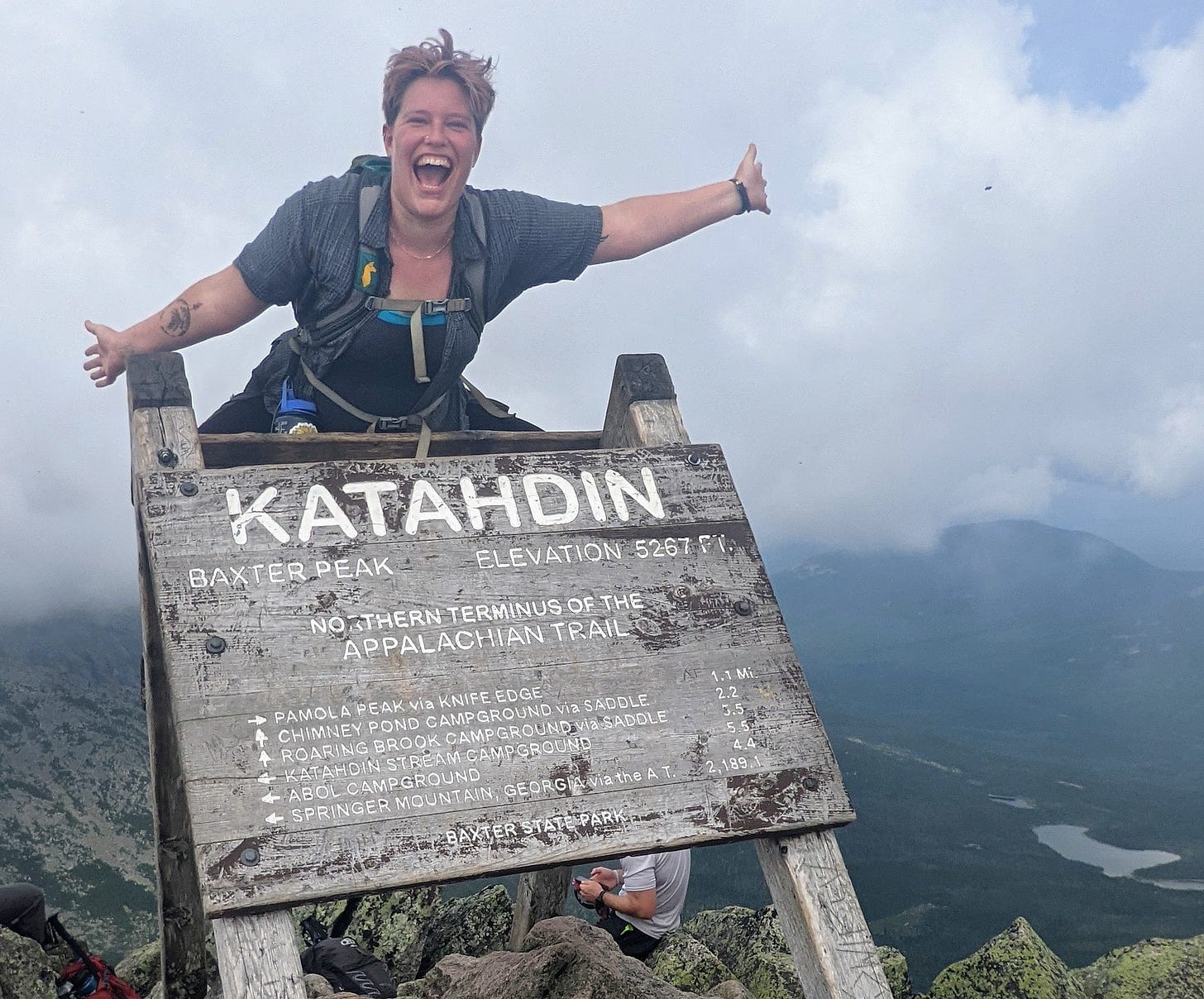


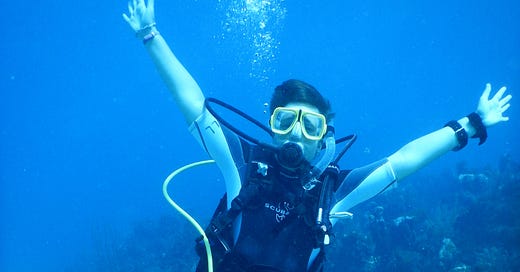






I loved this so much. You have so much passion, experience, and knowledge. I am routing so hard for this to take off. For profit, planet and people. 😀
Also, what an amazing, interesting, and courageous life you have already lived at such a young age. So proud of you. Sky’s the limit.
Thanks for sharing your story, Beck. Life is a journey, indeed. I share so many of your values about the importance of sustainable investing and the potential of seaweed to become a sustainable income source for fisherfolk who are running out of fish! Want to check out the women's group you found, and love the term 'She-weed revolution'. Yes, we can!